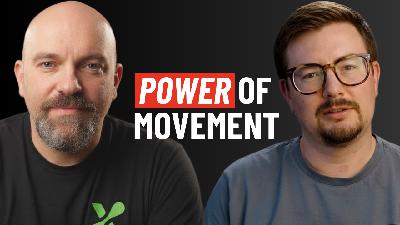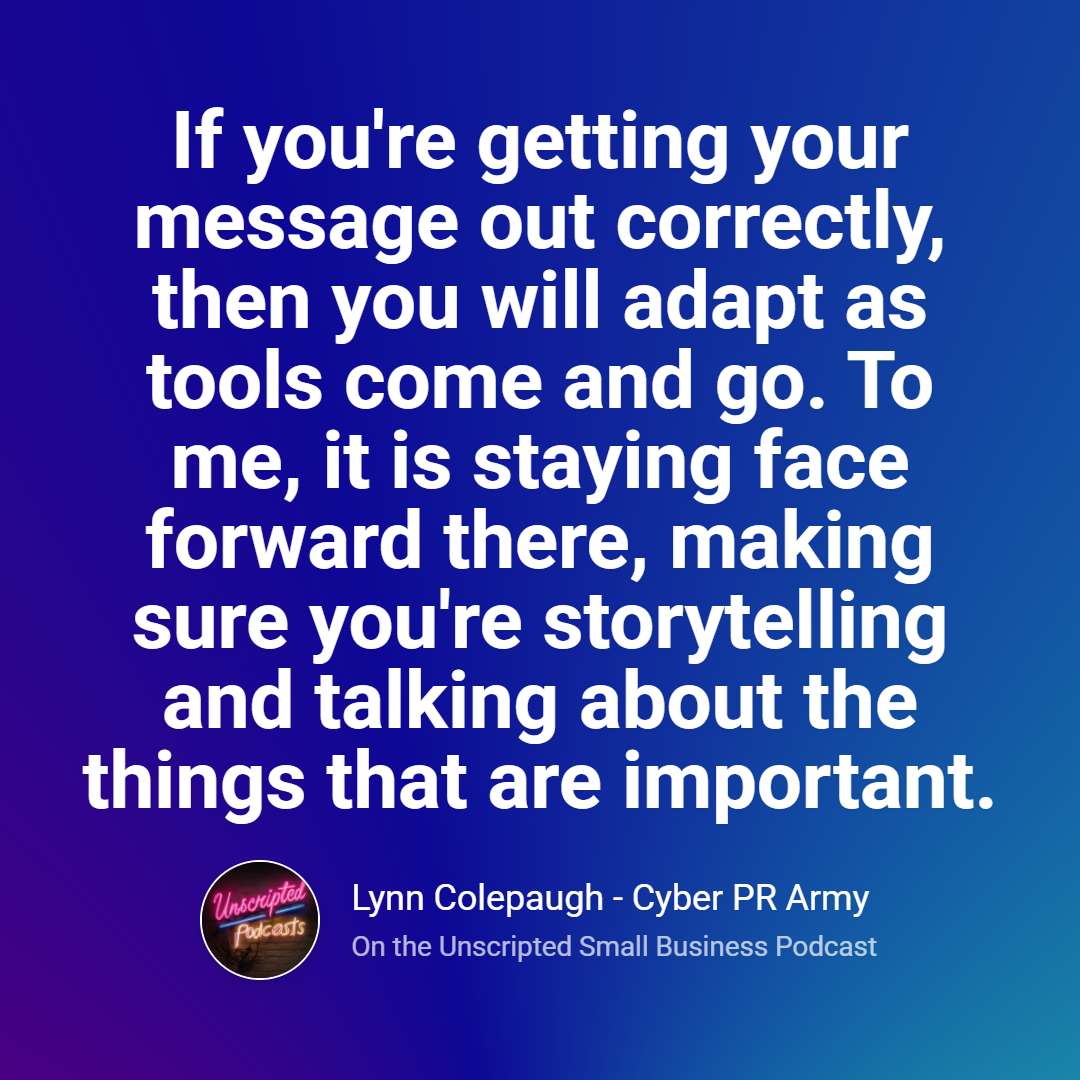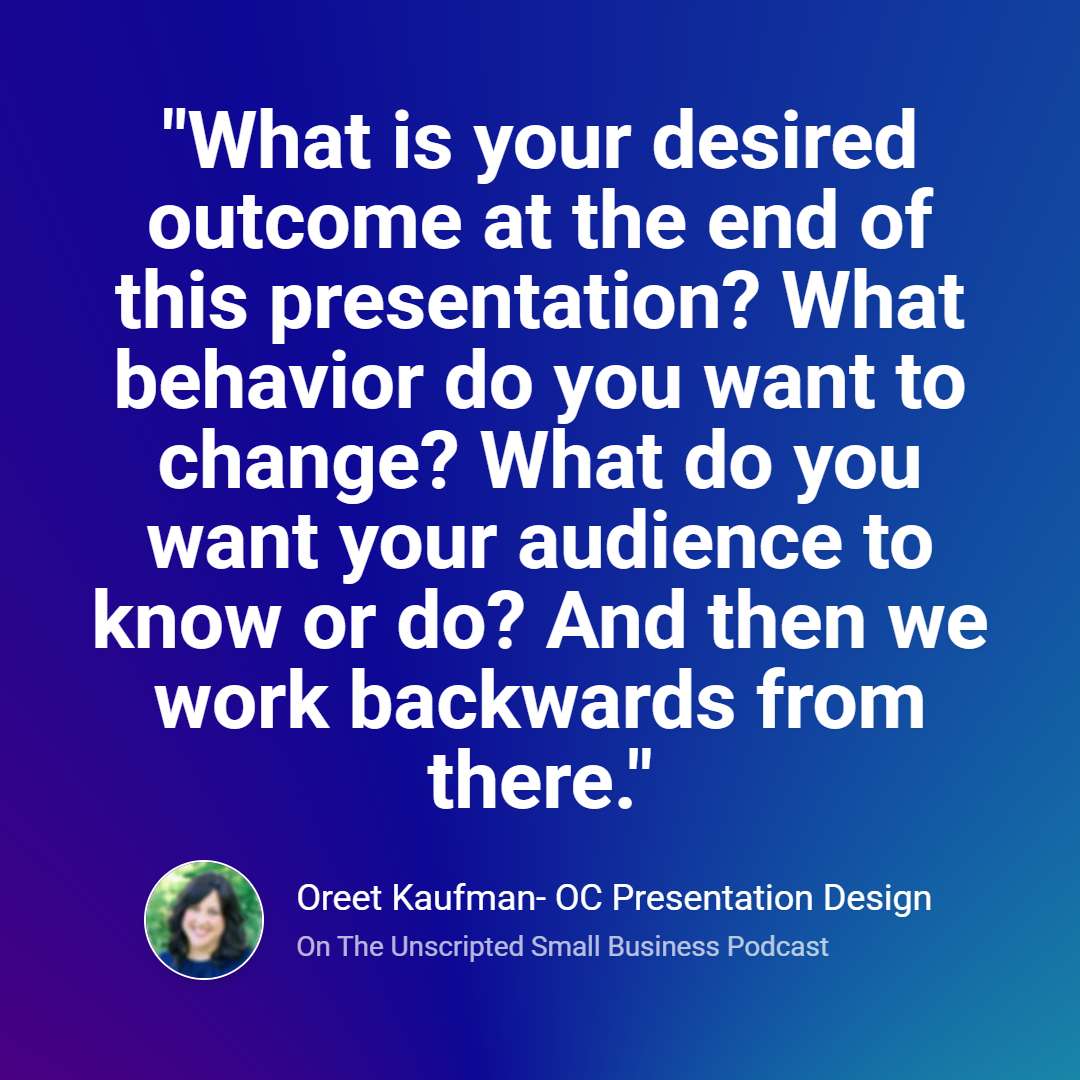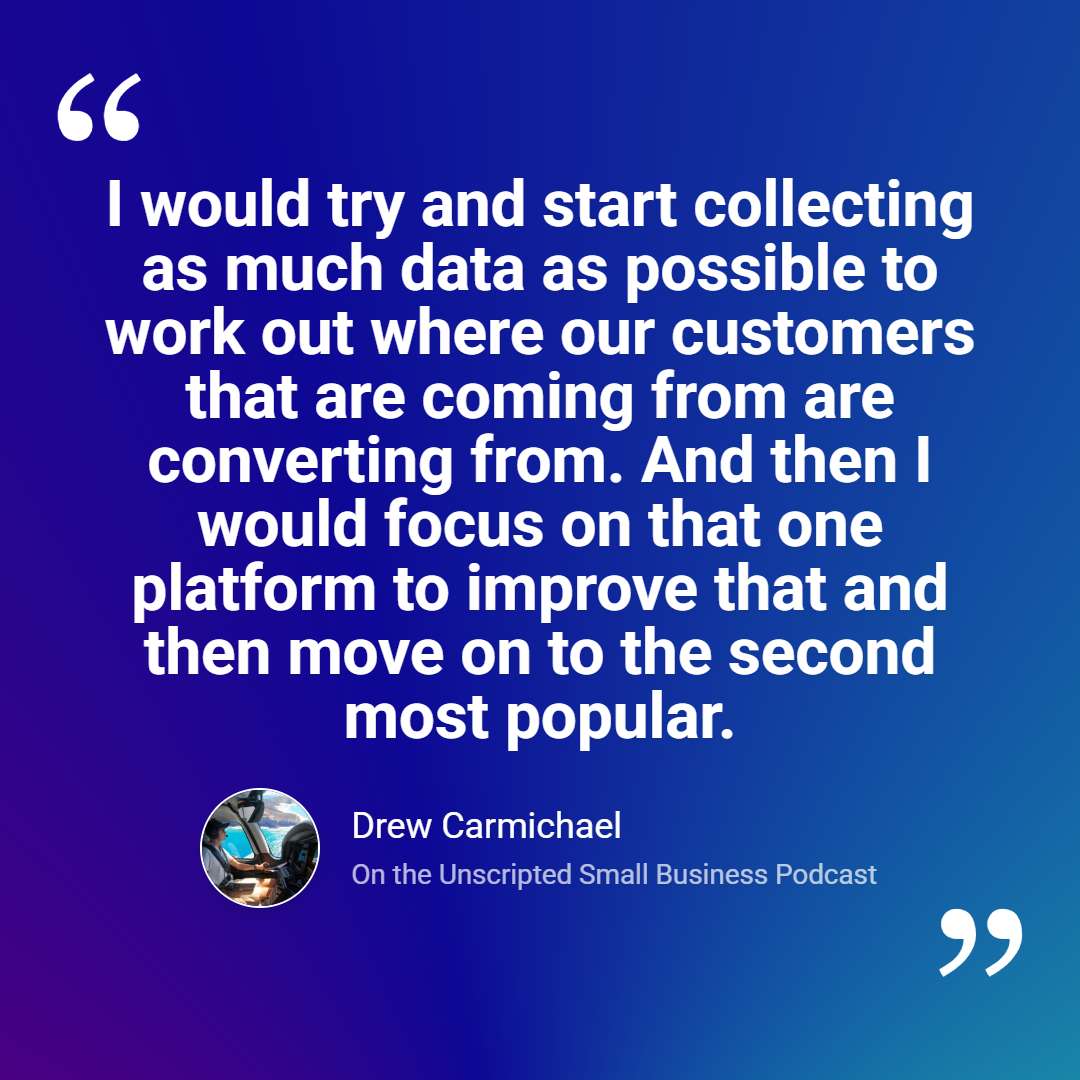Hand Therapy, MetaFlex® Gloves, and the Future of Rehabilitation With Justin Stehr
Description
In this episode, Jeremy Rivera sits down with Justin Stehr, OT, a Certified Hand Therapist at Vanderbilt Health and Clinical Consultant for MetaFlex®. Justin shares his journey from business operations to working at Vanderbilt, and discusses innovative approaches to hand therapy, the mental health connection to chronic pain, and unexpected clinical applications of compression gloves.
Episode Highlights:
- The power of movement and understanding hand biomechanics
- Why we all have overly strong flexors (and what to do about it)
- How MetaFlex® gloves work differently from traditional bracing
- Unexpected applications: Ehlers-Danlos Syndrome, stroke recovery, and more
- The sleep-mental health-pain connection you're probably overlooking
- A remarkable Vanderbilt limb salvage case study
- Upcoming research presentations at ACRM and beyond
About Justin Stehr
Justin Stehr, OT, CHT is a Certified Hand Therapist at Vanderbilt Health in Nashville, Tennessee, where he was recently named 2024 Acute Occupational Therapist of the Year. He holds a master's degree in occupational therapy with specialized focus on upper extremity rehabilitation, stroke recovery, and hand therapy.
Justin also holds certifications in:
- Wound care
- Ergonomics
- Hand therapy (CHT)
He currently serves as Clinical Consultant for MetaFlex®, where he educates healthcare professionals on innovative approaches to hand rehabilitation. Justin has presented research at national conferences including the American Congress of Rehabilitative Medicine (ACRM) and has upcoming presentations with the Canadian Percussion Network on the biomechanics of drumming.
Personal Background: Justin's path to hand therapy includes a unique personal connection—15 years ago, he experienced a severe hand injury requiring reconstruction of tendons, nerves, and arteries, giving him firsthand understanding of the rehabilitation journey.
Key Takeaways
1. The Flexor-Extensor Imbalance
Quote: "We spend all day long, we grip everything. So we're constantly grabbing and pinching and then when we're ready to let go of that item or task, we just let go, we relax. We never forcefully open."
This creates an imbalance where our flexor muscles become overly strong while extensors remain weak and stretched out—contributing to conditions like carpal tunnel syndrome.
Action Item: Take frequent breaks to stretch what's tight and strengthen what's weak.
2. Motion is Lotion
Quote: "The power of movement and the same motion is lotion, right? We need to be able to take those frequent breaks."
Regular movement and position changes are essential for joint and soft tissue health.
3. Nothing Replaces Natural Functional Motion
Quote: "In terms of devices, there's a lot out there. People can get sucked into the next best, greatest thing... They're all very supplemental but nothing really is a substitute for natural functional motion and stretching."
While devices and tools have their place, natural movement patterns and functional activities remain the gold standard.
4. Mental Health is Inseparable from Physical Health
Quote: "Mental health is at the forefront of everything we do in OT. Humans and living organisms, we can't be in a constant state of pain or stress."
There's a bidirectional relationship between chronic pain and depression—addressing one helps address the other.
5. Sleep Disruption Compounds Everything
Poor sleep due to hand pain creates a vicious cycle affecting healing, mental health, and overall function.
MetaFlex® Gloves Discussion
What Makes MetaFlex® Different
Quote: "It doesn't really just hold your hand in one position like maybe braces of the past or splints do, but it allows you to maintain this constant motion while you have it on. So it's really kind of a departure from those traditional hand therapy modalities and really a focus on that natural motion."
Learn more about the science behind this approach at Why MetaFlex® Works.
How It Works
The MetaFlex® glove is a fingerless compression glove with adjustable elastic bands running along the back of each finger. When you close your hand, the bands stretch; when you relax, they gently pull your fingers back into extension—maintaining motion rather than immobilizing.
For detailed information on getting the right fit, see the Fit & Sizing Guide.
Unexpected Clinical Applications
Ehlers-Danlos Syndrome: Quote: "Patients with Ehlers-Danlos, with that condition, you've got hypermobility... while stretching is contraindicated for that diagnosis, that proprioceptive input that those bands give to the joints by pulling back, they've found helpful and comforting."
Stroke & TBI Recovery: Quote: "For those that have low tone, or they're easily able to be passively ranged, those bands have been actually helpful in keeping those fingers open."
Active Assist Training: Quote: "They had a patient that was able to grip, squeeze something, but they lacked the ability to really fully open their hand... the bands actually pulled their hand fingers back when they relaxed and activated the extensors part of it. That was an adaptive tool, but also a training tool."
Read more clinical insights and research at the MetaFlex® Health Blog.
Vanderbilt Case Study
Justin is presenting a poster at the American Congress of Rehabilitative Medicine (ACRM) featuring a remarkable limb salvage case where MetaFlex® gloves were used as an alternative to traditional custom orthotics.
Quote: "She was able to actively open her hand because she didn't have the ability to open her fingers. She had flexors, but just couldn't open."
For more about MetaFlex®'s innovati
























